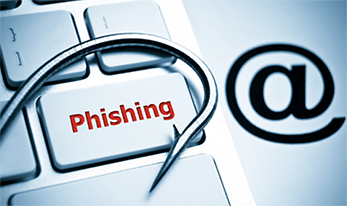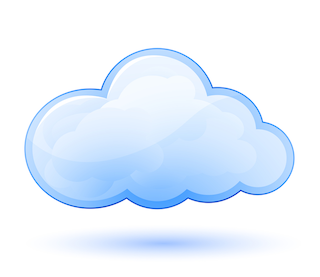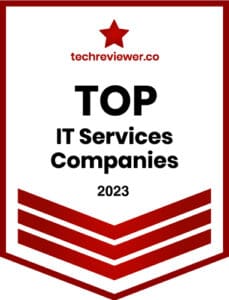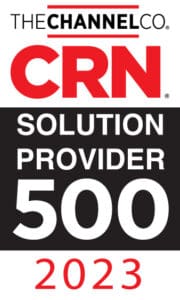There’s no question about it: The world needs managed security service providers.
As the COVID-19 pandemic continues to take hold across the globe, organizations are having to adapt to limit contact and person-to-person contamination rapidly. This dynamic environment has significant consequences on the security of an organization. “Work from home” is becoming the new normal for companies hoping to flatten the curve of the pandemic. For some organizations, remote work structure has been going on for years, and the new push is simply a matter of scaling up existing solutions and policies. In many other environments, work from home is a foreign concept; technology, operations, and systems are not prepared for this new reality. The current COVID-19 crisis is creating new phishing attacks based on the pandemic, and the attackers are getting more creative.
Furthermore, all these attempts claim to provide information about or support for the COVID-19 outbreak, and they use this claim to lure the public into clicking links, downloading attachments, entering passwords, or sending money. These emails often include attachments that claim to have updates for specific areas or new information from authoritative organizations like the CDC. Clicking on the links or attachments may download malware or capture a password by impersonating a login page.
To avoid becoming a statistic, it is vitally important that people carefully check any email related to COVID-19 and ensure that it is legitimate before downloading attachments, opening links, or providing a response.
Here are a few tips from our team of experts to help keep your organization safe and secure while you stay safe and secure working from home.
WHAT’S MY LEVEL OF RISK?
High – Personal or home use
High – Large and medium business entities
WHAT SHOULD I DO?
- Don’t open unsolicited emails from people you don’t know.
- When unsure about the link in an email, retype it in a browser window.
- Be wary of attachments in any email.
- Do not supply any personal information, especially passwords, to anyone via email.
- Never donate or send money via a link from an unsolicited email. If you wish to donate, go directly to the charity website to do so.
WHAT DO THESE EMAILS LOOK LIKE?
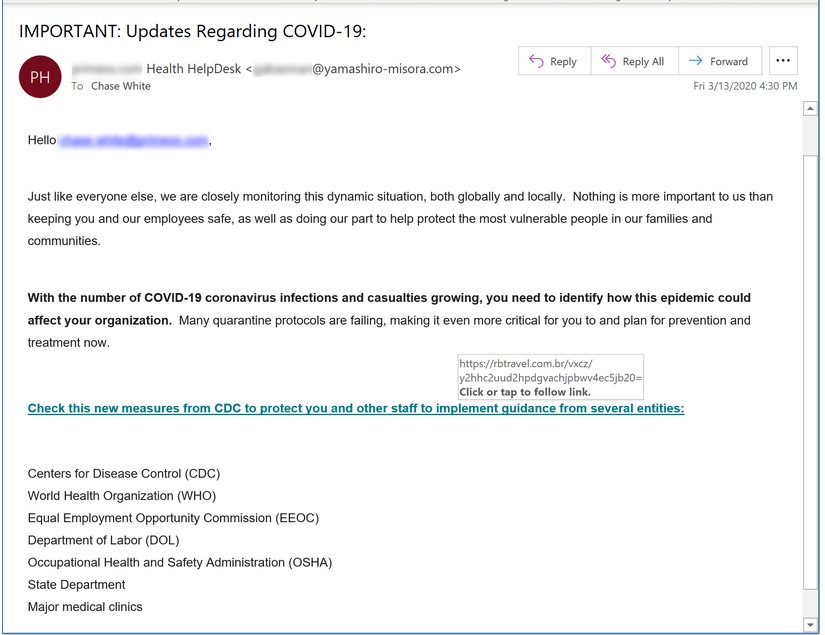
Attacks attempt to spoof known organizations such as the World Health Organization (WHO) or the Center for Disease Control (CDC) and claim to provide updated information on the virus or new regulations in response to the virus.
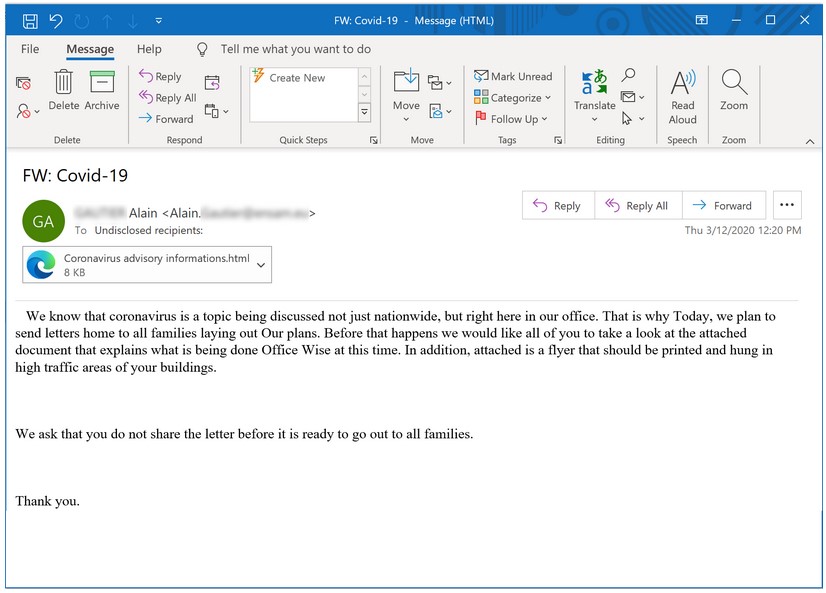
Emails that spoof your Human Resources Dept or CEO requesting you to download a flyer or click a link
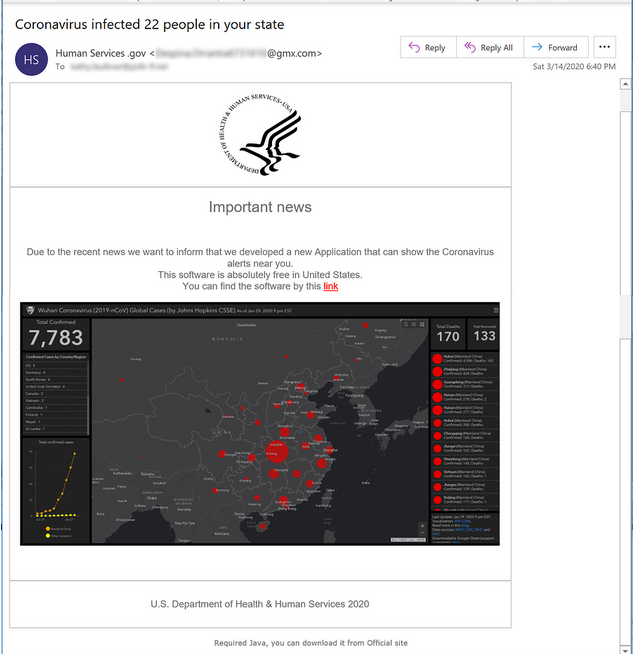
Attackers infect a fake COVID-19 interactive map with malware.
WANT TO KNOW MORE?
Edafio Technology Partners needs the contact information you provide for us to contact you about our products and services. You may unsubscribe from these communications at any time.

